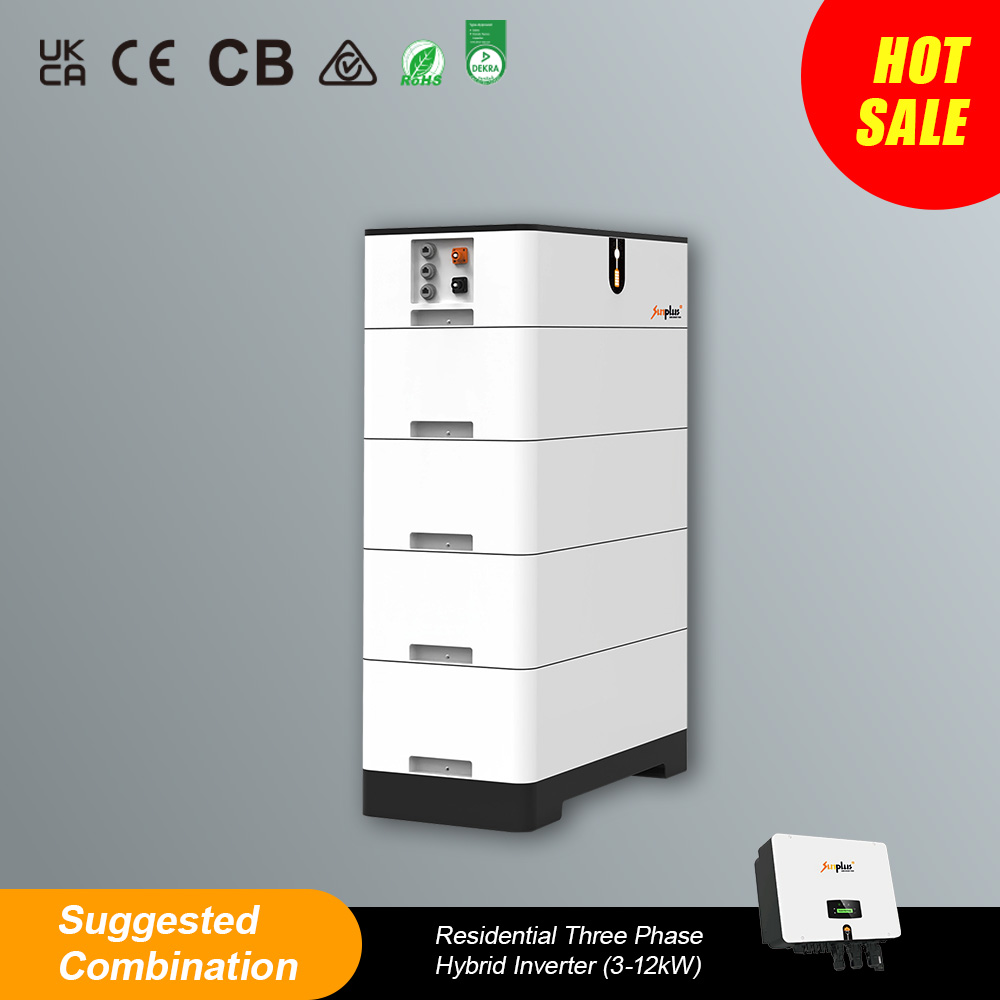Lithium Battery Pack: Powering the Future of Energy Storage
As the world's demand for clean and efficient energy grows, lithium battery packs have emerged as a game-changing solution. These advanced energy storage systems are powering a wide range of applications, from electric vehicles to renewable energy integration. With their superior performance, longevity, and environmental benefits, lithium battery packs have revolutionized the way we store and utilize electricity. In this article, we will delve into the intricacies of lithium battery packs, exploring their capabilities, advantages, and the future prospects of this transformative technology.

Understanding Lithium Battery Packs
Lithium battery packs are rechargeable energy storage devices that utilize lithium ions to store and release electrical energy. These packs consist of multiple individual lithium-ion cells, interconnected to provide the desired voltage and capacity. Lithium-ion technology offers remarkable energy density, allowing for compact and lightweight battery packs that can deliver substantial power.
Advantages of Lithium Battery Packs
Lithium battery packs offer a plethora of advantages over traditional battery technologies. Some notable benefits include:
High Energy Density: Lithium battery packs boast exceptional energy density, providing more energy storage capacity in a smaller and lighter package. This makes them ideal for portable devices, electric vehicles, and off-grid power systems.
Long Cycle Life: Lithium battery packs have an extended cycle life, meaning they can undergo a high number of charge and discharge cycles before experiencing significant capacity loss. This longevity ensures a reliable and durable energy storage solution.
Fast Charging: Lithium battery packs can be charged at a rapid rate, enabling quick turnaround times for electric vehicle charging stations and other time-sensitive applications. Their high charge acceptance allows for efficient energy replenishment.
Low Self-Discharge: Lithium battery packs exhibit minimal self-discharge rates, retaining their stored energy for extended periods. This feature makes them suitable for applications that require infrequent use or standby power.
Applications of Lithium Battery Packs
Lithium battery packs find applications in various sectors, transforming industries and driving innovation. Some key areas of implementation include:
Electric Vehicles (EVs): Lithium battery packs power the electrification of transportation, offering longer driving ranges, faster acceleration, and reduced emissions compared to traditional internal combustion engines.
Renewable Energy Integration: Lithium battery packs enable efficient storage of electricity generated from renewable sources like solar and wind. This facilitates the smooth integration of intermittent renewable energy into the grid, enhancing grid stability and reliability.
Consumer Electronics: From smartphones and laptops to wearables and portable gadgets, lithium battery packs provide long-lasting and reliable power for our everyday devices.
Energy Storage Systems: Large-scale lithium battery packs serve as energy storage systems for homes, businesses, and utility-scale projects. These systems optimize energy usage, reduce peak demand, and provide backup power during outages.
Future Developments in Lithium Battery Technology
The future of lithium battery packs looks promising, with ongoing research and development focusing on enhancing their capabilities. Some notable advancements on the horizon include:
Increased Energy Density: Scientists are exploring new materials and electrode designs to further improve the energy density of lithium battery packs. This would enable even longer ranges for electric vehicles and extended durations for portable devices.
Fast Charging and Improved Safety: Efforts are being made to develop lithium battery packs that can charge at an even faster rate while maintaining safety. Advancements in battery management systems and cooling technologies aim to minimize charging times and mitigate safety concerns.
Sustainability and Recycling: The development of more sustainable and recyclable materials for lithium battery packs is gaining traction. This would reduce the environmental impact of battery production and promote a circular economy for battery components.
Conclusion
Lithium battery packs have revolutionized energy storage, offering unparalleled advantages in terms of energy density, cycle life, and fast charging capabilities. From electric vehicles to renewable energy integration, their applications are diverse and expanding. With ongoing research and development, we can expect further advancements that will unlock the full potential of lithium battery packs. As we strive for a cleaner and more sustainable future, these innovative energy storage solutions play a vital role in powering the world. Embrace the lithium battery pack revolution and embrace a brighter tomorrow.

Comments
0